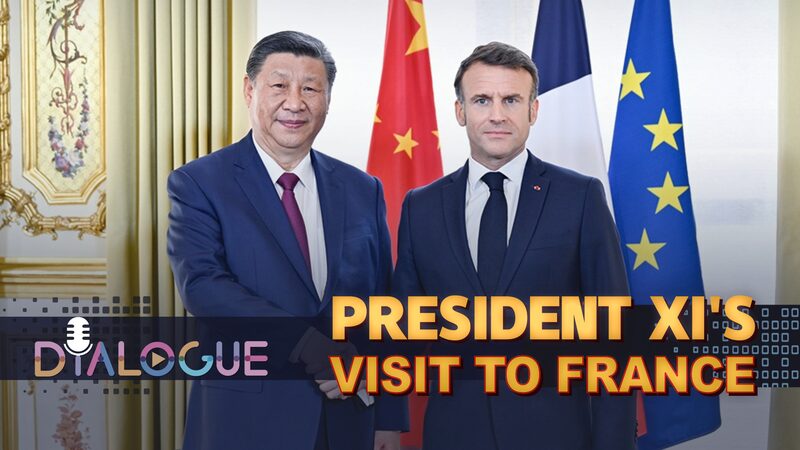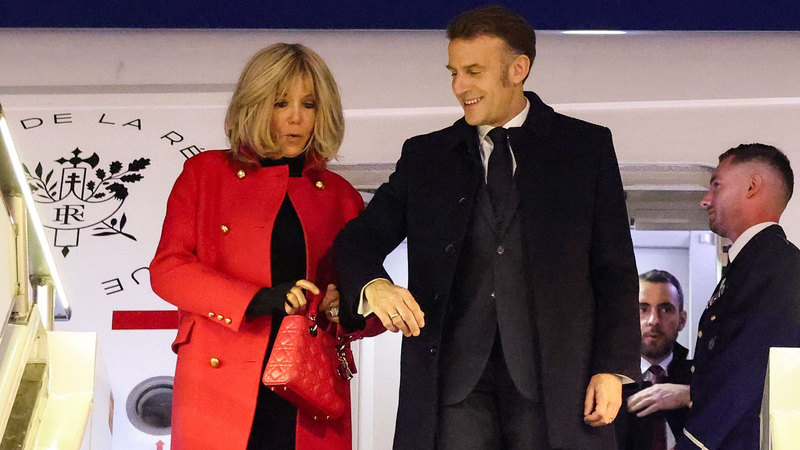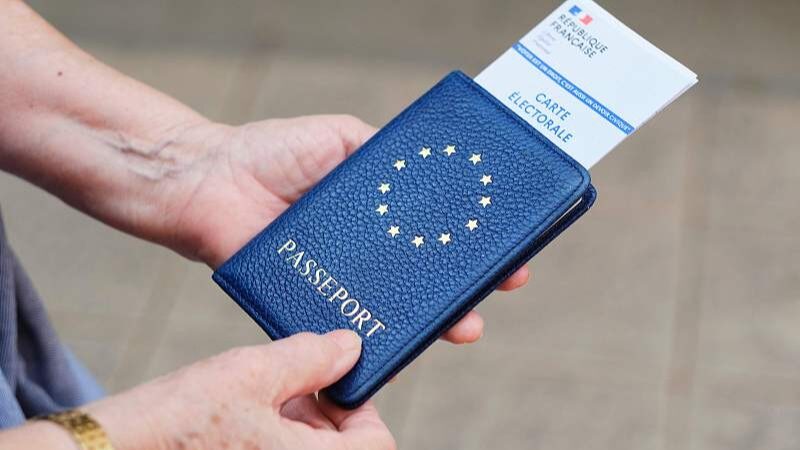Europe's political landscape is facing a seismic shake-up after far-right parties clinched historic gains in the EU parliamentary elections. 🗳️ While centrist parties retain control, the results signal rising frustrations over immigration, economic pressures, and the EU's green agenda. France's President Macron called snap elections amid the far-right's surge, while Germany's coalition struggles to counter the Alternative for Germany (AfD) party’s momentum. But what’s next for Europe—and its ties with China?
Shifting Tides in Brussels
Experts warn the far-right's growth could slow climate policies and amplify trade protectionism. Prof. Jing Men notes: 'The new parliament may push stricter regulations on Chinese imports, aligning with the EU's \"de-risking\" strategy.' Meanwhile, Lorenzo Castellani predicts a ‘more fragmented Europe’ struggling to pass bold reforms. 🔄
China Trade in the Crosshairs?
With EU-China trade tensions already high, the far-right’s anti-globalization stance might fuel stricter tariffs on EVs and tech. Joel Ruet argues: 'Collaboration on green tech could suffer, but pragmatic deals on raw materials might still thrive.' 🌱💡 Students and professionals eyeing Asia-EU markets should brace for bumpy negotiations ahead.
A Divided Future?
Despite the far-right’s gains, centrist majorities could keep pro-EU policies alive. As Prof. Iain Begg puts it: 'Compromise will be messy but necessary.' For young travelers and diaspora communities, Europe’s identity crisis may reshape cultural dialogues—and visa rules. ✈️ Stay tuned as the drama unfolds!
Reference(s):
cgtn.com





